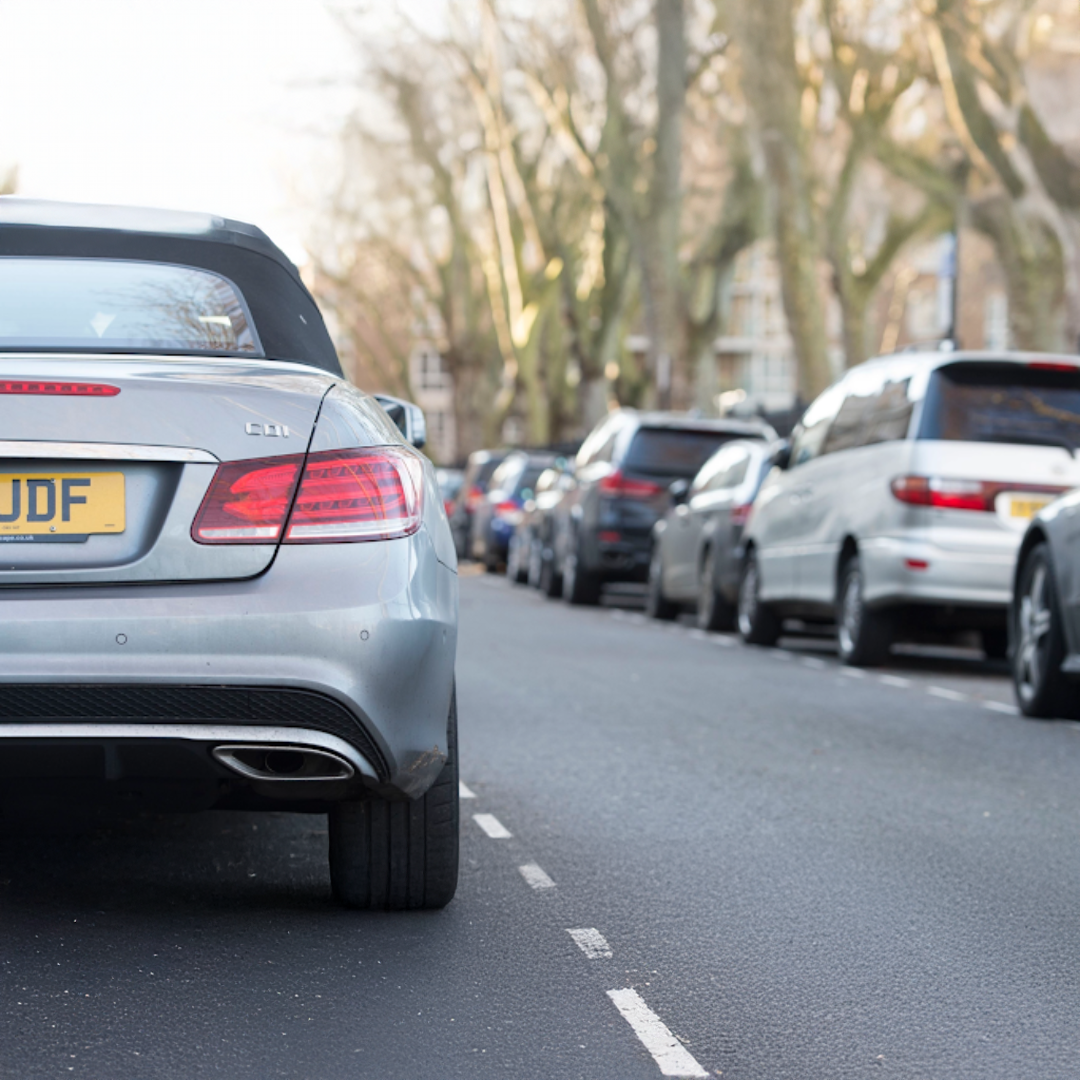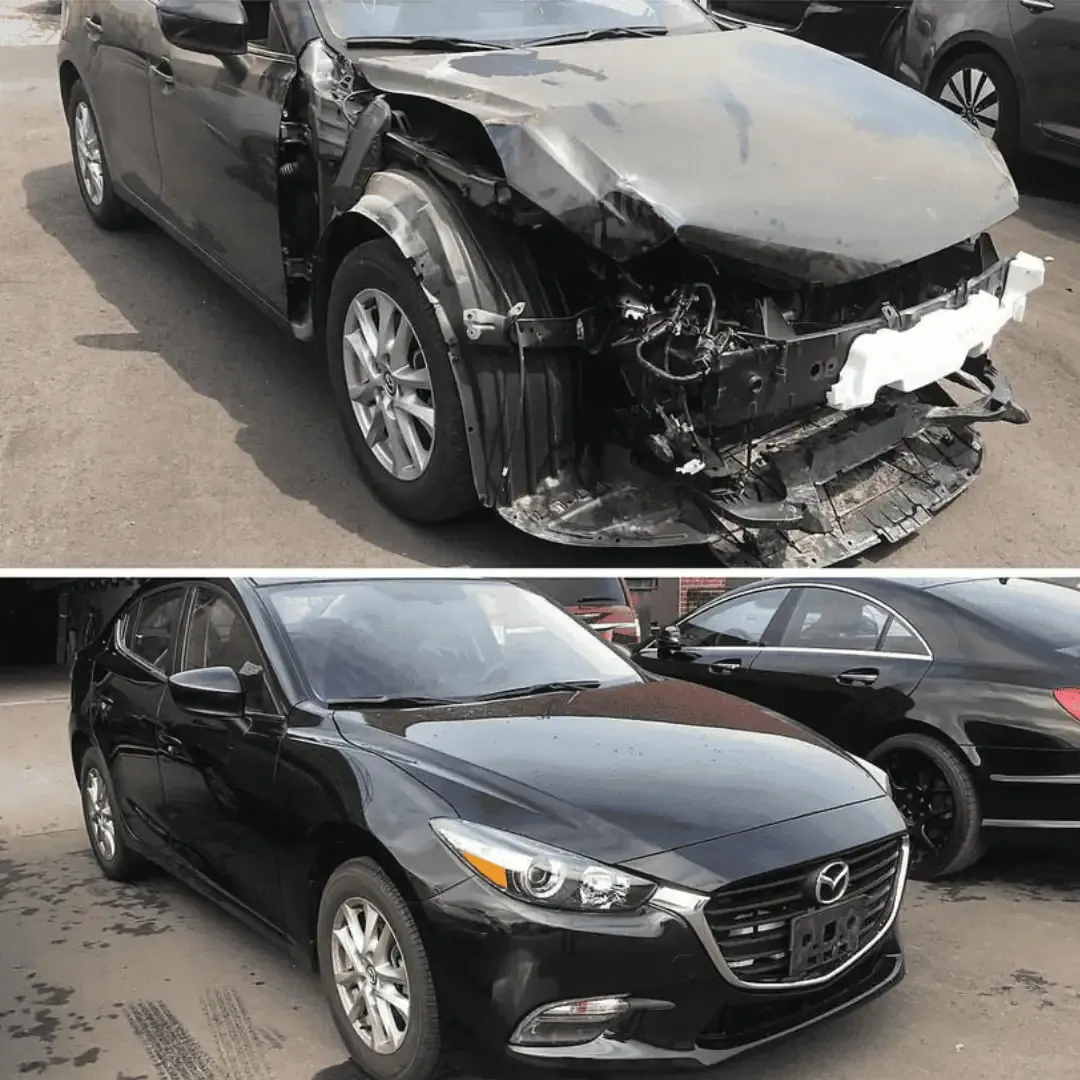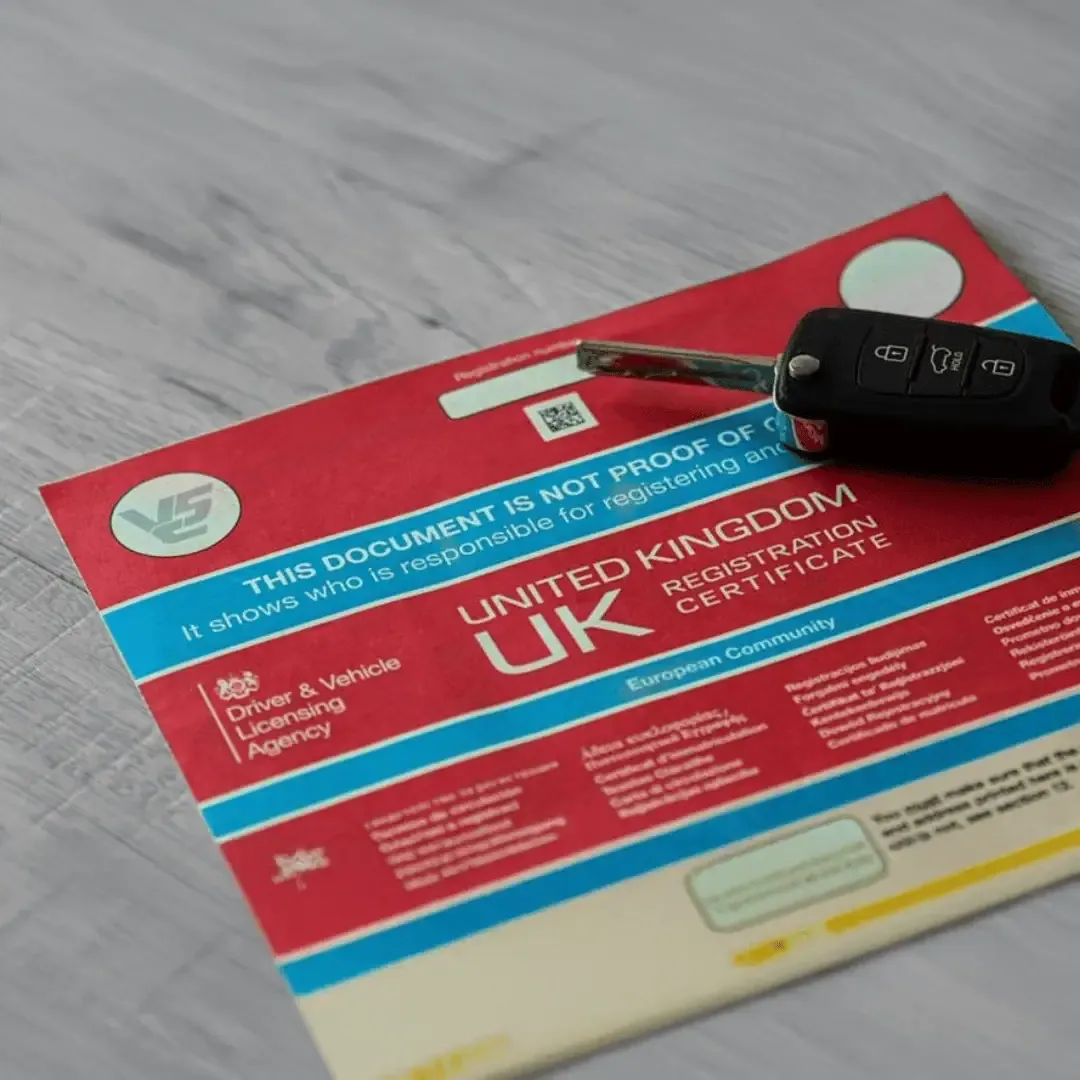Should I be buying a car without a V5C?
The 5 things you need to avoid when the seller doesn’t have a DVLA log book
Buying a car privately comes with risk.
A new car is a significant financial investment that is not easy to reverse should you hit problems mechanically, financially or legally.

The factors that impede car safety, car value or your legality to buy include:
- Potential theft
- Previously unseen accident damage and repair (salvage write-off)
- Mileage issues (car clocking and mileage fraud)
- Outstanding finance (the car belongs to a finance company and not the registered keeper)
Bake in a missing vehicle registration certificate, and the likelihood of buying into BIG problems only increase.
Furthermore, it is tricky to tax a car without a log book or V11 tax reminder letter. Usually, you’d need to register a SORN until the replacement log book arrives.
If you have already bought a car without a V5C or new keeper slip, you still need to get road tax. See This Article that might offer a shortcut.
Mainstream advice from DVLA
A replacement log book is quick and easy at gov.uk/vehicle-log-book. But, the Driver and Vehicle Licensing Agency are precise; you should not buy a car without its V5 log book registration document.
We agree, even though a registration document is NOT proof of ownership. Learn Who Owns a Car (registered keeper versus legal owner).
It could be stolen
Car theft has risen in the UK over the last six years, with almost 90,000 thefts recorded in 2020/21 years.
The rise is partly due to modern keyless cars being easily manipulated by today’s thieves (stats provided by Statista).
It turns out that stealing a car might be easier than obtaining a new V5C logbook.
There are thousands of stolen cars for sale today without proper vehicle identification, such as a V5C.
Watch out for excuses like, “I lost it and haven’t got around to getting a new one” or “the previous owner never gave them to me“.
It might be a written-off
If a car has suffered accident damage with insurance company involvement, it may be classed as a write-off.
There are four write-off categories, A, B, S and N.
Only Cat S write off, and Cat N write off can legally be repaired and put back on the road.

Write off notifications are included on a genuine document (V5). As you can see at the bottom of the V5 front cover, DVLA permanently states car write off status.
If a private individual wants to hide accident damage, having no log book is the way to go.
Notes on a blue-green coloured document
V5C’s coloured blue or green are outdated. Therefore, DVLA encourages red logbooks only.
It is fraudulent if a seller only has the blue V5 with a serial number ranging from BI2305501 to BI2800000 or BG8229501 to BG9999030.
Remember, a CarVeto car check shows up theft and write-off. All you need is the vehicle registration number to see for yourself.
Outstanding finance
Car loans are another possibility should the seller have no logbook.
Logbook loan
The registered keeper has taken out a loan using the car (or car logbook, more specifically) as collateral.
The lender keeps the V5 as security until the loan is paid off.
If you buy a car with an outstanding logbook loan, you may be liable to pay it off!
Run a CarVeto reg check before you buy. Reports include an up-to-date Outstanding Car Finance Check against the registration number, including the lender, agreement number and company contact details.
It could be cloned
What is car cloning?
Car identity theft is an illegal practice where a criminal hides the true identity of a car by swapping out its number plates for a similar vehicle.
The car might be written-off or stolen. Using the registration plate of another vehicle legally registered with the DVLA will hide history.
Obtaining a V5C logbook can be tricky, making it easier for criminals to sell Stolen Cars without one.
Private reg transfer with DVLA
The seller may legitimately claim the car was on a private number plate, and DVLA is yet to return the logbook with its previous registration number.
The Covid-19 pandemic has slowed up DVLA processing, and new logbooks can take up to six weeks to arrive.
Run a Number Plate Check via CarVeto’s database and check for yourself. You can see all previous reg numbers and the dates of transfer.
You can also look through the previous MOT Test and see the car reg number at that time.
Look at the service history too and compare records.
Rounding it up
Buying a car without a V5C logbook prevents buyers from comparing the car and its digital records.
Without the correct documents, there is no way to confirm the VIN, engine number, DVLA registered keeper details or body colour.
Therefore, a final check is to enter the log book document reference number with the DVLA Gov.uk online system. It allows buyers to check that the document is a genuine article.
Our advice and that of the DVLA remains the same. Do not buy without seeing all car documentation.
At the very least, get a complete car data check via CarVeto, so you can check for theft, write off and mileage fraud.
